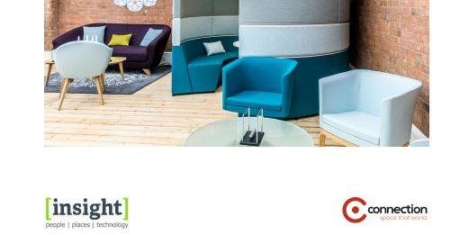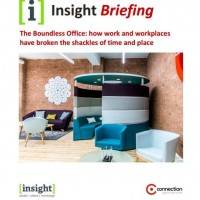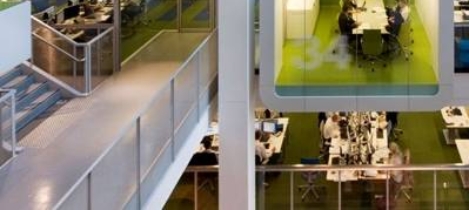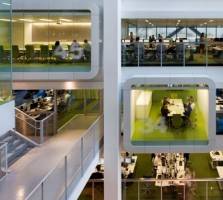March 31, 2016
Treating workers like people really does improve engagement levels 0
 Ever since the role of personnel management evolved to human resources, employers have struggled to ensure that the people they employ are treated as humans and not resources. Although it may be logical to assume that staff don’t like to be treated as numbers on a data sheet, it’s good to know that there’s evidence that companies that focus on creating a human-focused workplace do reap significant rewards in terms of wellbeing, engagement, and retention. This is according to a report released by Globoforce that found that when employers create a culture of employee recognition at work; levels of happiness and trust dramatically improve. According to the research receiving recognition at work makes people feel more appreciated (92 percent); prouder of their work (86 percent); more satisfied with their job (85 percent); happier (86 percent); more engaged (83 percent); and more committed to the company (81 percent).
Ever since the role of personnel management evolved to human resources, employers have struggled to ensure that the people they employ are treated as humans and not resources. Although it may be logical to assume that staff don’t like to be treated as numbers on a data sheet, it’s good to know that there’s evidence that companies that focus on creating a human-focused workplace do reap significant rewards in terms of wellbeing, engagement, and retention. This is according to a report released by Globoforce that found that when employers create a culture of employee recognition at work; levels of happiness and trust dramatically improve. According to the research receiving recognition at work makes people feel more appreciated (92 percent); prouder of their work (86 percent); more satisfied with their job (85 percent); happier (86 percent); more engaged (83 percent); and more committed to the company (81 percent).


































April 6, 2016
What Johan Cruyff can teach us about the contemporary workplace 0
by Andrew Brown • Comment, Facilities management, Workplace design
(more…)